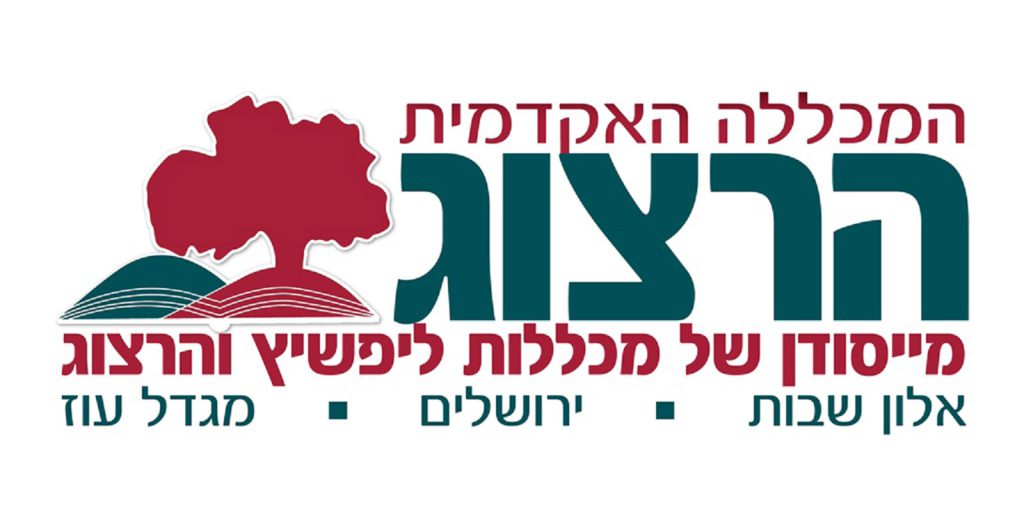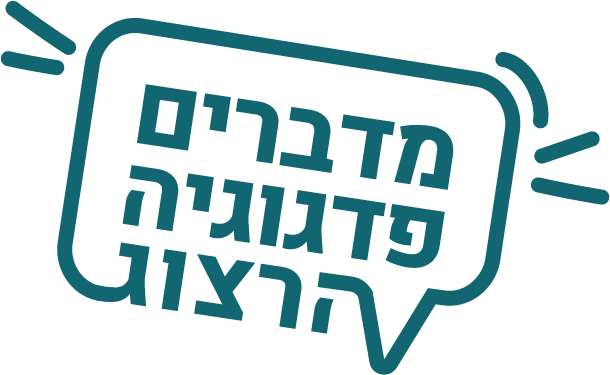Parashat Tzav introduces the concept of peace offerings, known in Hebrew as "korban shlamim". These offerings are significant in the sacrificial system outlined in the Torah, symbolizing a communal meal shared between God, the offeror, and the priests. The primary purpose of the peace offering is to express gratitude and to foster peace between the individual, the community and God.
The contemporary English term "peace offering" has evolved to signify a gesture made to reconcile or pacify a situation, often aimed at repairing relationships. For example, in recounting the Trojan Horse story, one might say that the Trojans mistakenly believed the Greeks' wooden horse to be a peace offering.
The evolution of the peace offering from a sacred act to an act of conciliation shows how gestures of goodwill have always been important for creating understanding and restoring relationships. The original peace offerings in the Torah were a way to share gratitude and connection, which can still inspire us today. Whether we’re dealing with friends, family, or colleagues, offering something kind to bring people together can go a long way.


